2 min read
Gospel-Centered from the Start
“Let us hold unswervingly to the hope we profess, for He Who promised is faithful…Jesus Christ is the same yesterday, today, and forever.” (Hebrews...
By John Dunne, former UGM Counselor
“I am a relationship addict.” This statement came out of the mouth of another man in my recovery group over 25 years ago. I cringed when he made that statement out loud in mixed company. I wanted to say, “For heaven’s sake, man, keep that kinda crap to yourself. Don’t just blurt it out in public!” I felt sorry for him that he had such an “unmanly” problem, even though I was going to the recovery group due to a history of failed relationships.
The strangest thing happened. As he shared his journey with the group over the next couple of months, I began identifying with pieces of his story. It finally got to the point where I stopped him in the hallway after one meeting and told him I would like to talk one-on-one because I identified some similarities in our problems. And a few months after that, I was getting all the books I could find on the subject (all written by women for women back then) so I could figure out and solve my relationship addiction.
I finally came out of the closet and admitted in a meeting that I was a relationship addict. I also admitted that I was powerless over this process and that I needed God’s help to pull me out of my disease and into health. The worst part of it was that I had to admit that I was not ready for a romantic relationship and so I had to go through withdrawal “cold turkey.” I was already in recovery for alcohol addiction so I couldn’t numb the pain with alcohol. But with God’s help, with the support of other friends in recovery, and a lot of work, I received the healing I was hoping for and eventually was in good enough emotional and spiritual shape to reenter the chaotic world of relationships.
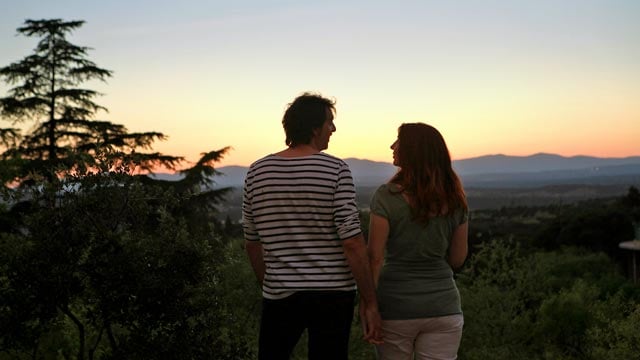
I am writing this after fifteen years of a very happy marriage and as a counselor in the Union Gospel Mission LIFE Recovery Program where many of our clients have to deal with relationship addiction issues. The idea that only women are relationship addicts is still a stumbling block for many men who are caught in this cycle of pain.
If I say, “I’m John, and I’m an alcoholic” at a meeting, the people look at the scars on my face and figure I’m a tough guy with some wild exploits in my history. If I say, “I’m John and I’m a relationship addict,” I’m revealing the scars on my heart from all the broken dreams, and often, people who are hiding their own emotional scars just don’t want to hear it.
The good news for UGM clients is that our recovery programs, both for men and women, are designed to heal those damaged areas in a person’s developmental history that lead to relationship addiction. The secret is to go back and shore up those non-romantic bonds that are essential for a healthy childhood and early adolescence.
A relationship addict is subconsciously trying to meet early emotional developmental deficits by substituting the energy from an adult romantic relationship. It never works. It just creates failure and more pain and increases the impulse to fly to a new relationship that will temporarily salve the festering pain of old failed relationships. The cycle feeds on itself. The relationship addict is just the same as the drug addict: the temporary solution to life pain (the drug) creates its own pain and increases the speed of the downward spiral of the disease.
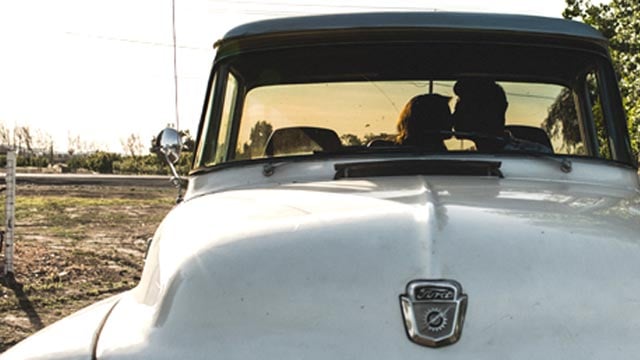
Just like recovery from drug addiction, recovery from relationship addiction requires a two-fold process. First, stop the cycle of pain by practicing abstinence. That means no romantic relationships until some major healing has been accomplished, and this takes a minimum of one to two years. Second, the underlying deficits have to be addressed. In my recovery, I had to learn to bond with men as brothers, and that meant I had to share my truest feelings, thoughts, hopes, dreams, disappointments, failures, etc., with men. And then I had to learn to develop non-romantic friendships with healthy women.
When I learned to do these two foundational dynamics, my perspective on romantic relationships made a complete paradigm shift. I no longer felt like I was on a quest to find the only woman on the planet to whom I could reveal my inner self, the goddess who would magically make me feel OK about myself by granting understanding, acceptance and love.
Above all, these tasks of building healthy relationships must be undertaken in and through the grace of God, that supernatural love that defines me to my core and frees my wife from the impossible task of being my savior. Seeking help for my problem took me on a spiritual journey which has deepened my faith and enriched my life. Now, helping other men walk this road to recovery is helping to take my faith to an even deeper level as I see God at work before my very eyes in the lives of the men in our program.
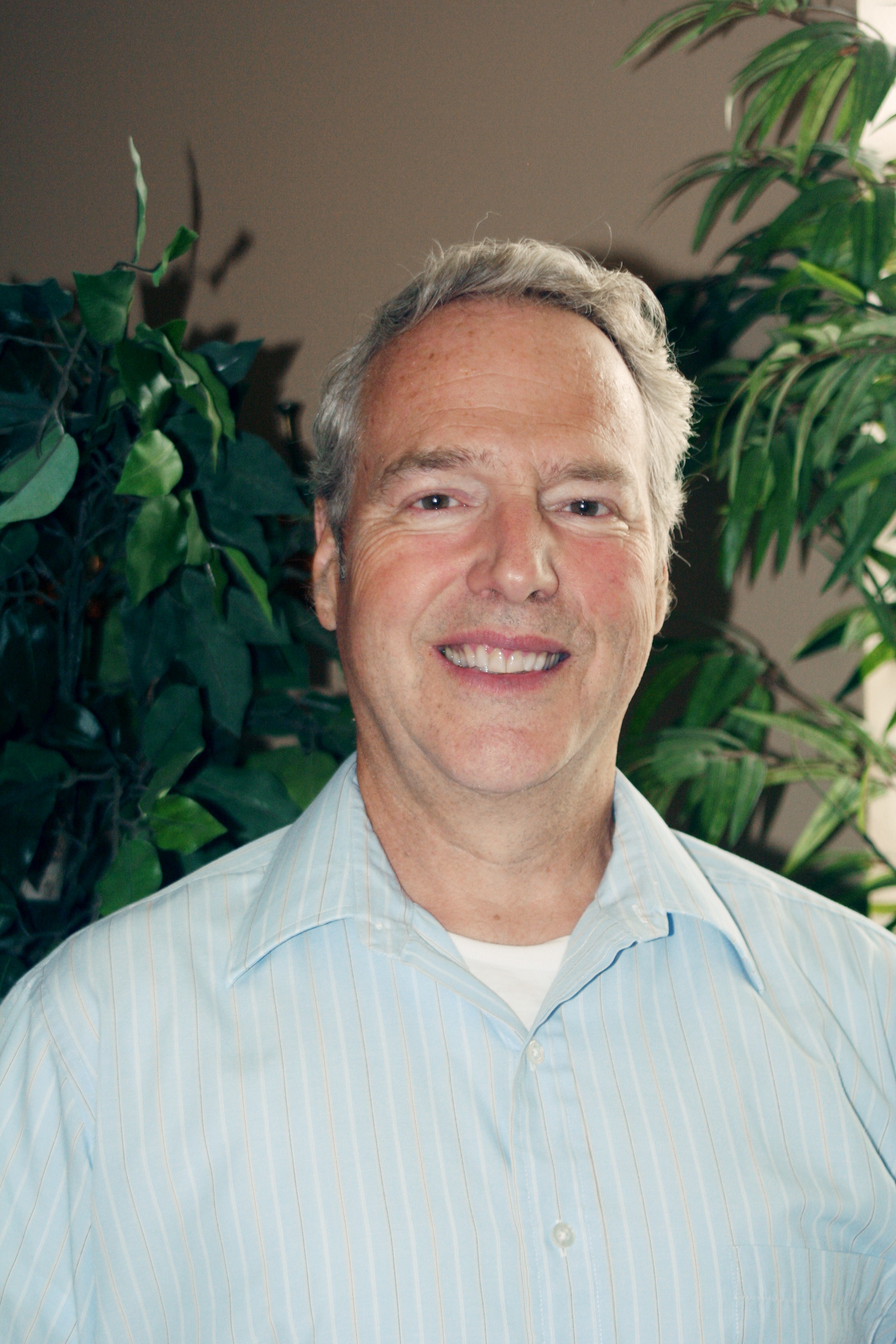 John Dunne received his Master of Arts in Counseling from Whitworth University in 1998. He has a certification in Chemical Dependency Counseling from Spokane Falls Community College (1993), as well as a Master of Arts in English from Seattle University (1978). John has worked as a counselor in the Men’s Recovery Program for 17 years and is certified as a relapse prevention specialist through Michael Dye CADC, NCAC II/Genesis Process.
John Dunne received his Master of Arts in Counseling from Whitworth University in 1998. He has a certification in Chemical Dependency Counseling from Spokane Falls Community College (1993), as well as a Master of Arts in English from Seattle University (1978). John has worked as a counselor in the Men’s Recovery Program for 17 years and is certified as a relapse prevention specialist through Michael Dye CADC, NCAC II/Genesis Process.
To access more wisdom from UGM Counselors, download John's short video on the long-term impact of trauma.

2 min read
“Let us hold unswervingly to the hope we profess, for He Who promised is faithful…Jesus Christ is the same yesterday, today, and forever.” (Hebrews...

9 min read
To celebrate 75 years of serving the Inland Northwest, we are spending the year remembering our history and the faithfulness that built us and...

2 min read
In 2026, Union Gospel Mission Inland Northwest is approaching our 75th Anniversary! This is a milestone that invites gratitude and reflection, and...
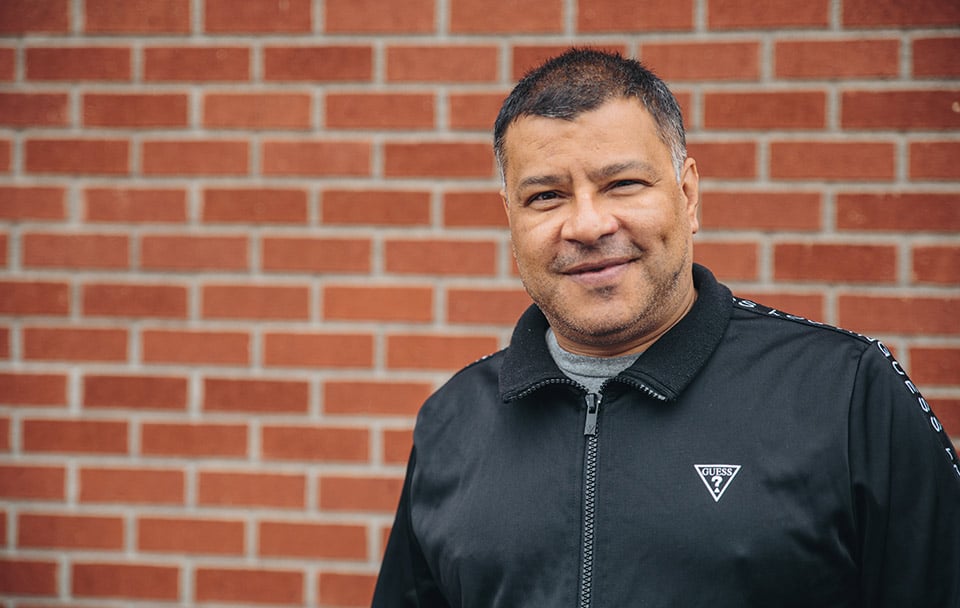
“Whoever dwells in the shelter of the Most High will rest in the shadow of the Almighty.” Psalm 91:1 Under God’s Roof Joey Reyes defies homeless...

This post is the first in a 2-part series on relationship addiction by UGM LIFE Recovery Counselor Yvonne Wilhelm. How would you define relationship...
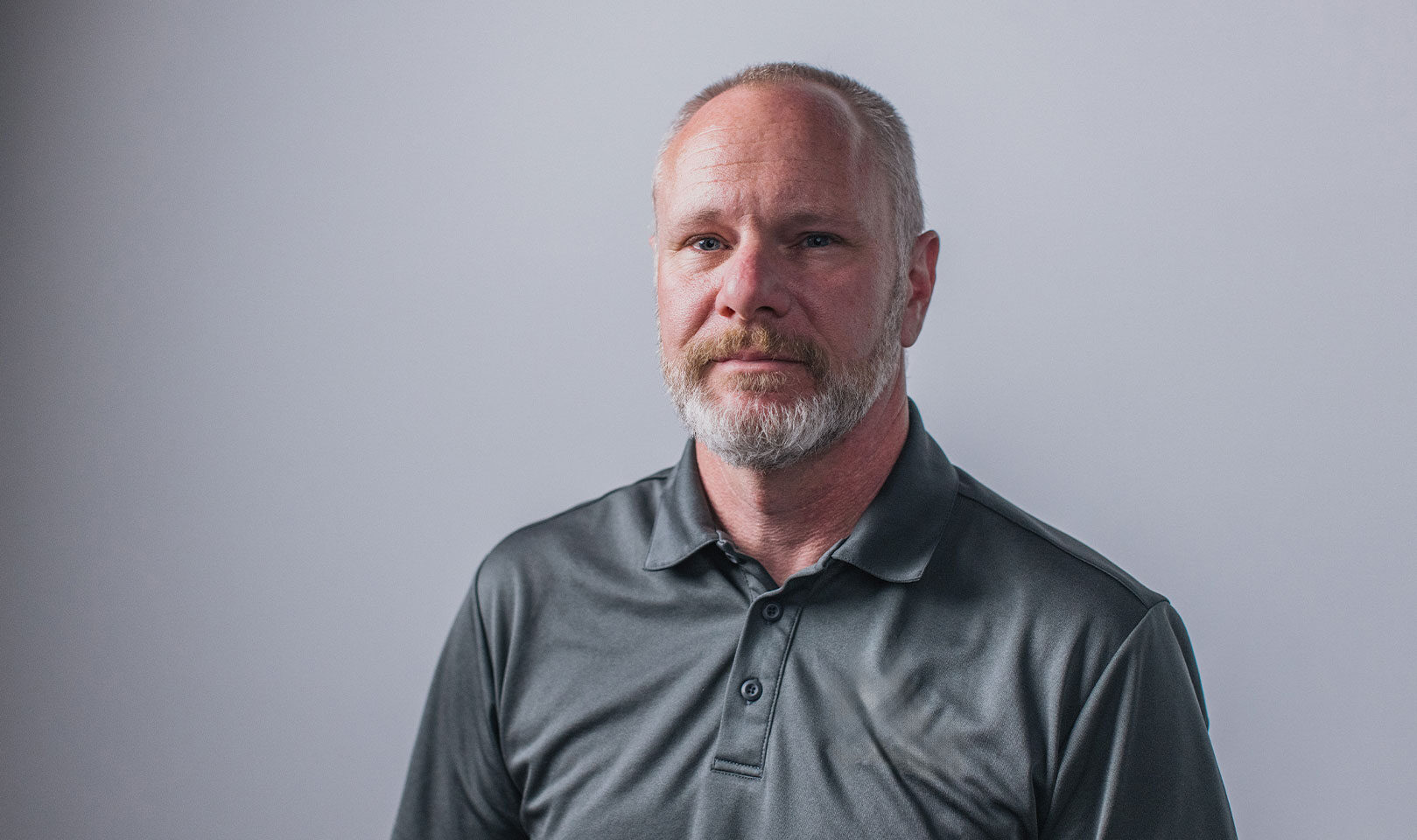
What would you say to someone living on the streets or deep in addiction? Finding the right words can be tough unless you’ve been there. For the past...